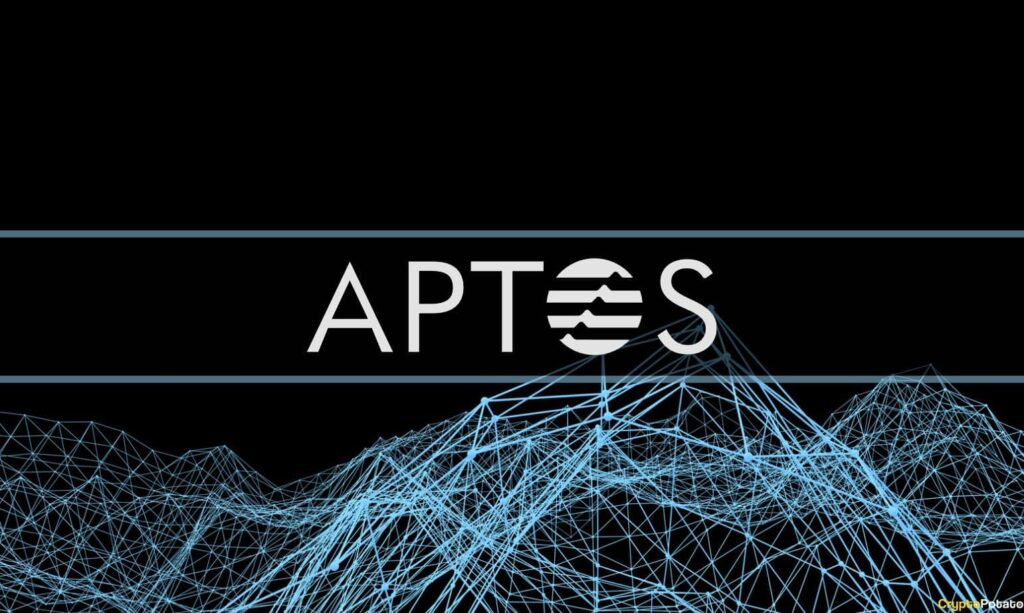
Last updated:
| 2 min read

The South Korean Central Bank is set to “speed up” its CBDC project, and will pilot its digital KRW with a group of 100,000 citizens later this year.
According to Newsway, the Bank of Korea (BOK) will test digital KRW usability and deposit functions with the group “at the end of 2024.”
South Korean Central Bank Eyes Real-world Tests in Q4
In October last year, the BOK announced plans to launch “CBDC usability tests” with the nation’s top regulators, the Financial Services Commission and the Financial Supervisory Service.
Lawmakers have also created a law that differentiates between CBDCs and cryptoassets like Bitcoin (BTC).
The bank has unveiled plans to “build a pilot CBDC network.” This network will “issue and distribute” three “types” of tokens “based on institutional CBDC models.”
The plans will see the BOK “issue and distribute” “deposit-style” tokens and “e-money tokens.” The bank said the launch would come in “the fourth quarter of the year.”
Real-time Tests to Start in 2024
The bank added that it will perform “real-time transaction tests” with “ordinary citizens. It wants test subjects to pilot using the CBDC “in commercial settings.”
However, many critics claim that a South Korean CBDC launch could damage the country’s burgeoning fintech and banking sectors.
Seo Ji-yong, a Professor of Business Administration at Sangmyung University, said that CBDC “commercialization will take time” in South Korea.
Seo added that “as the CBDC project becomes more concrete,” there was “a possibility that private companies will prepare corresponding projects.”

Indeed, some firms have been doing exactly that. Some of the nation’s biggest tech firms and banks began CBDC operations several years ago. Seo said:
“The digital KRW is still in the pilot stage. So we have to wait and see how [the private sector] responds.”
A BOK official explained that “as existing card transactions incur fees, merchants can reduce fees by using the CBDC.”
Retailers the Winners if CBDCs Debut?
Similar sentiments have been expressed in other nations currently fast-tracking their CBDC projects.
In Russia, financial analysts have claimed that the domestic retail sector would likely be the only notable winner.
The banking sector, the analysts claimed, could be in line to lose $536 million per year if the digital ruble is adopted.
But the BOK official moved to reassure the private sector that it was not aiming to encroach on their business sectors. The spokesperson said:
“Rather than posing a risk to other existing industries, the commercialization of CBDC will provide new innovative services. It can serve as an opportunity for industrial development.”


